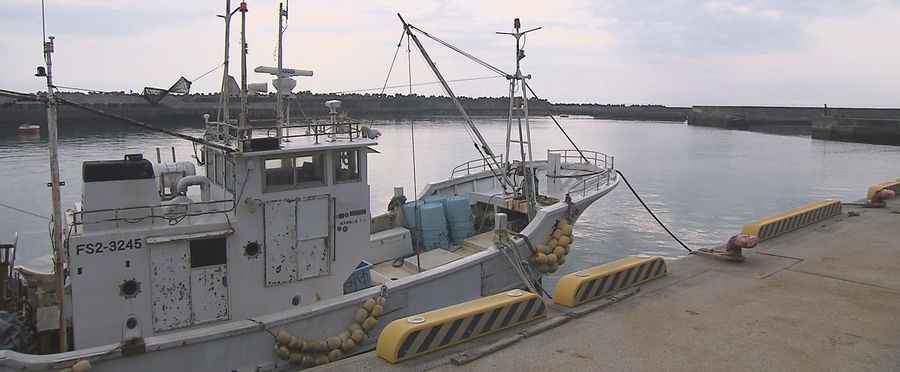Despite concerns over the discharge of treated radioactive wastewater from the Fukushima nuclear plant into the sea, no significant fluctuation has been observed in fish prices. This development reassures the fishing industry and consumers, who had feared a market slump due to potential contamination fears. It is important to note that before being released, the treated water undergoes a rigorous decontamination process to remove most radioactive materials.
In Japan, the decision to release the Fukushima wastewater has been a controversial issue, given the impact it might have on the reputation of local sea products and the livelihood of fishing communities. The Japanese public takes great pride in the country's seafood industry, and safety is highly valued. Therefore, the resistance to this plan was strong among fisheries, particularly those in the Fukushima region.
In the US or EU, similar situations would likely be handled with stringent regulatory oversight and public consultations, especially regarding environmental and health considerations. For instance, in both regions, the nuclear industry is heavily regulated, decisions of this magnitude usually involve extensive environmental impact assessments, and any relevant findings would be shared with the public to ensure transparency.

